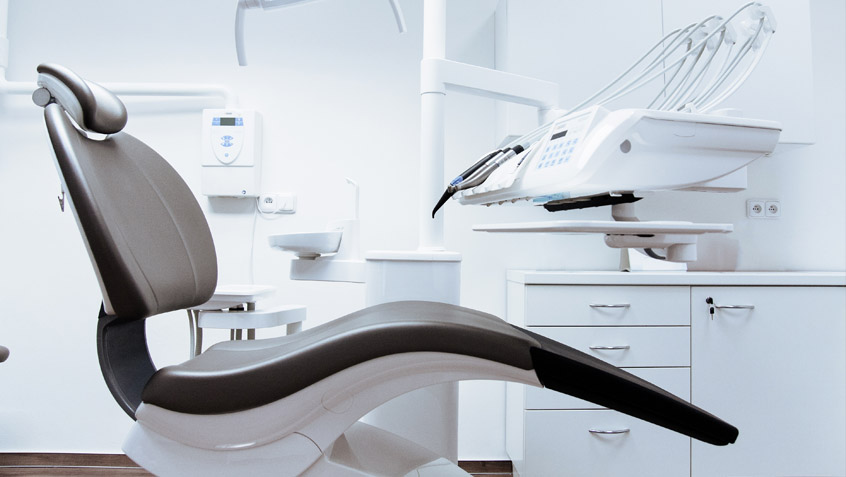Help protect Medicare’s future—support our 2025 Annual Benefit on Oct 28!
Ways to Expand Access to Dental Coverage for People with Medicare

Currently, Medicare does not cover most dental services. The Kaiser Family Foundation (KFF), a non-partisan, non-profit focused on national health issues, recently released an issue brief discussing various options to increase access to dental coverage for people with Medicare. According to the brief, nearly two out of every three Medicare beneficiaries have no dental coverage, leading many to go without necessary care.
While some people with Medicare have dental benefits through other sources, access and coverage tends to be limited. Some may be eligible for Medicaid or may have coverage through a private plan. A minority of beneficiaries get access to coverage through Medicare Advantage (MA). For example, in 2016, about 10.2 million people with Medicare had access to some MA dental coverage, though these MA benefits are often quite narrow in scope and may not cover needed services like fillings, crowns, implants and dentures. To access that care, beneficiaries would be forced to pay out of pocket.
The KFF issue brief highlights five policy options that could extend Medicare coverage of oral health care by:
- adding a dental benefit to Medicare Part B,
- creating a voluntary dental benefit under a new part of Medicare,
- permitting greater access to medically necessary dental services under Medicare,
- testing models for dental coverage, and
- offering dental discount cards. The brief also discusses the policy considerations and implications for each approach.
Medicare Rights considers oral health a priority and continues to advocate for increased coverage of this important care. Our advocacy primarily focuses on two of the options the KFF brief highlights: permitting greater access to medically necessary dental services and ultimately adding a dental benefit to Medicare Part B.
Currently, Medicare covers only a handful of medically necessary dental services, despite the Medicare statute permitting more extensive coverage. “Medically necessary dental care” means care that a person may need for oral health issues that might complicate or stand in the way of receiving other care. For example, someone with an untreated oral infection may not be able to have a life-saving organ transplant or heart surgery. Lack of medically necessary dental care harms patients and can also increase Medicare’s costs for treating their illnesses. Medicare has the option to cover more oral health care in these situations, but has not chosen to do so. We urge the Centers for Medicare & Medicaid Services, the agency that oversees the Medicare program, to increase this coverage.
Ultimately, our focus is a comprehensive dental benefit within Medicare Part B. Such a benefit would do more to ensure that all Medicare beneficiaries have access to oral health care when they need it, including preventive care, appropriate treatment, and denture coverage. The distinction between oral health and other bodily systems should be eliminated to improve the overall health of older adults and people with disabilities.
Read more about medically necessary dental care.
Read more about the need for a comprehensive dental health benefit.
Show Comments
We welcome thoughtful, respectful discussion on our website. To maintain a safe and constructive environment, comments that include profanity or violent, threatening language will be hidden. We may ban commentors who repeatedly cross these guidelines.
Help Us Protect & Strengthen Medicare.
Donate today and make a lasting impact.
The Latest
Most Read
Add Medicare to Your Inbox
Sign up to receive Medicare news, policy developments, and other useful updates from the Medicare Rights.
View this profile on InstagramMedicare Rights Center (@medicarerights) • Instagram photos and videos









